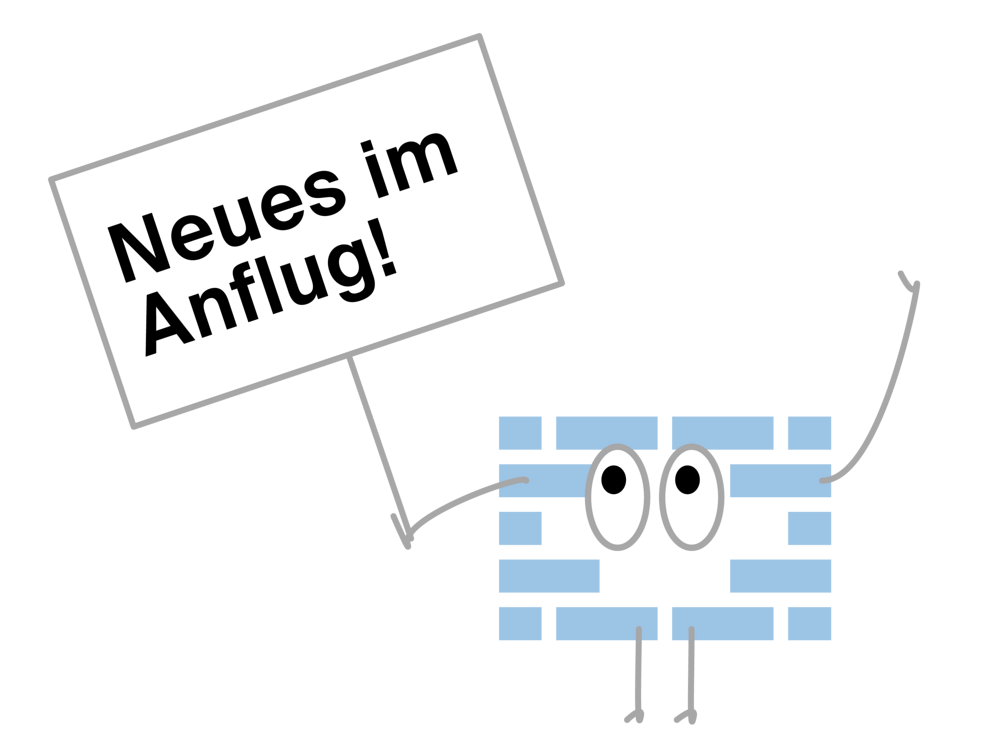Text
Two stories centered on love and suffering – that of Master and Margarita and the Passion story – connected by the greatest metaphysician of all time: the Devil himself.
Mikhail Bulgakov writes The Master and Margarita on and off for about twelve years, until his death in 1940. He writes about Moscow in the 1930s, Stalin and his apparatus, the Passion story and the Roman Empire, himself, the silenced author, and his love for his wife Jelena. At the core, political and poetic power meet.
Three narrative levels are interwoven in a complex way: First, the black magician Woland, or the Devil for short, haunts 1930s Moscow and creates chaos, with several shady characters in tow. For his annual Satan’s Ball, at which the sinners of the world hold a rendezvous, he looks for a belle of the ball and finds her in Margarita.
Her love story forms the second strand of the novel: Margarita desperately searches for her lover, the “Master”, a writer who seems to have disappeared without a trace.
He wrote a book with a slightly different version of the Passion story, which he threw into the fire in despair after the literary editors trashed it. Then he hides in a psychiatric ward – the only place where an author like him can survive in a state that considers the non-existence of God to be proven. As a reward for her company to the ball, Margarita will eventually find the Master again, but their love will only be redeemed by death.
The third level within Bulgakov’s novel is dedicated to the Master’s grand Jesus novel, which in the end does not burn after all. It is about the tormented Pontius Pilate who is fascinated by the wandering philosopher Yeshua Ha-Nozri (Hebrew for Jesus of Nazareth) and yet does not save him, about Levi Matthew who fails to rescue Yeshua and becomes the maverick author of Yeshua’s story, about Judas who betrays Yeshua and receives his “reward”.
An evening of passions, told by Bulgakov and Bach, the Master and Margarita, Woland and Levi Matthew: about love and suffering, cowardice and freedom. The eye of the narrative storm holds a frightening insight: “Man will not give up what is placed in him: to want to be like God. But he will only be able to pursue this at the price of the monstrosities of his history.” (Hans Blumenberg)
Audio content
Information about the piece
- Passion I und II
- after Master and Margarita by Mikhail Bulgakov and Matthäus-Passion by Johann Sebastian Bach
- from the Russian by Alexander Nitzberg
- Director, Stage Design, Music: Robert Borgmann
- With: Pierre Bokma, Jele Brückner, Konstantin Bühler, Boris Gurevich, Gina Haller, Risto Kübar, Karin Moog, Steven Scharf, Isabell Weiland, Alexander Wertmann, Jing Xiang, Ruud Zielhorst
- Duration: 3:00h, one break
- Premiere: 08.10.2021
- Language: German with English surtitles
Video content
(c) Siegersbusch Film
Participants
- Director, Stage Design, Music: Robert Borgmann
All people
- Director, Stage Design, Music: Robert Borgmann
- Costume design: Magdalene Schön, Helen Stein
- Light design: Carsten Rüger
- Dramaturgy: Angela Obst
Cast
- Woland: Pierre Bokma
- Nisa and Gella: Jele Brückner
- Kaiphas and Korowjew: Konstantin Bühler
- Banga and Margarita: Gina Haller
- Levi Matthäus and Azazello: Risto Kübar
- Sekretär and Natascha: Karin Moog
- Pontius Pilatus and Meister: Steven Scharf
- Praskowja Fjodorowna: Isabell Weiland
- Jeschua Ha-Nozri and Iwan Besdomny: Alexander Wertmann
- Centurio Marcus Ratcatcher and Behemoth: Jing Xiang
- Organ: Boris Gurevich, Ruud Zielhorst
Images
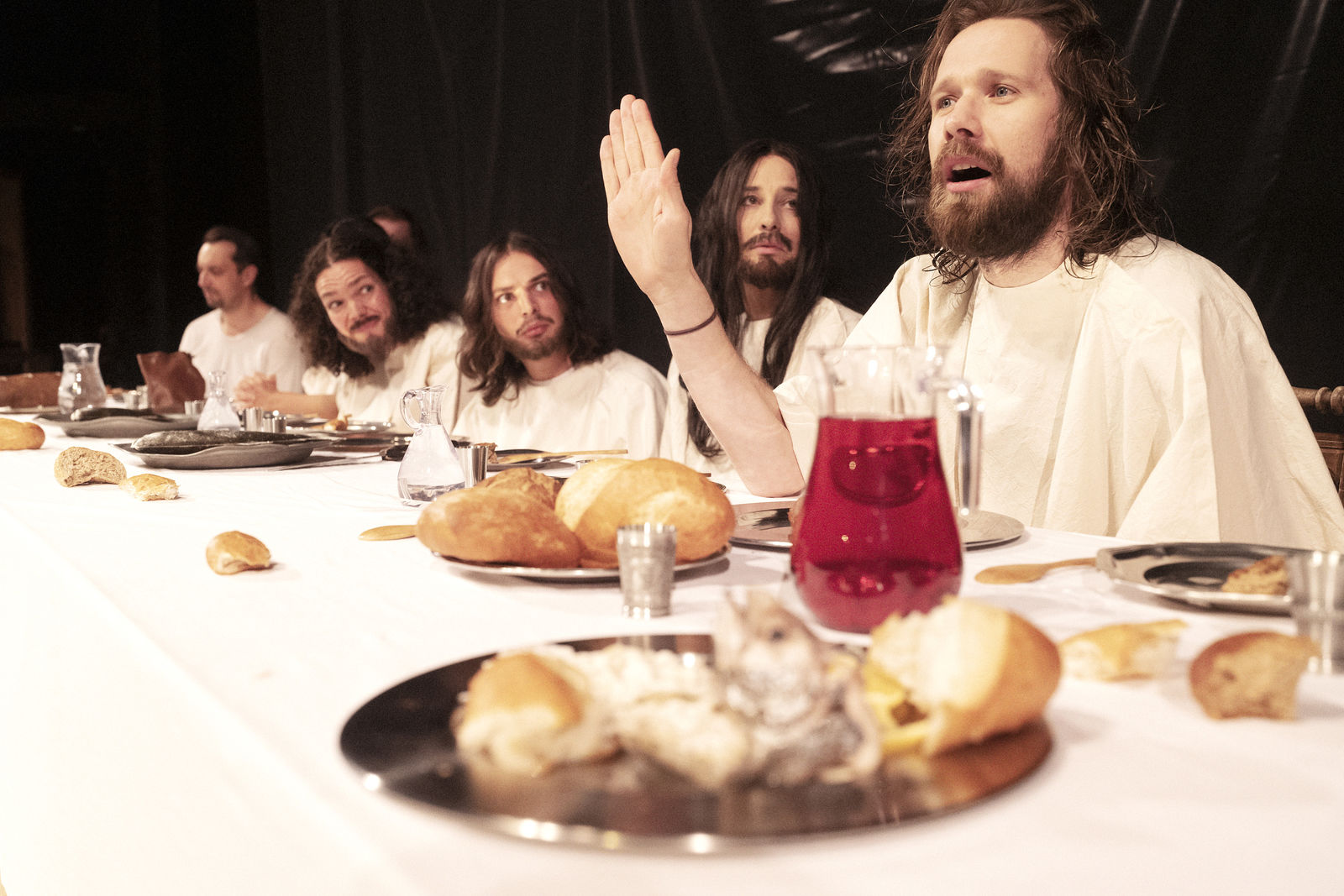
© Armin Smailovic
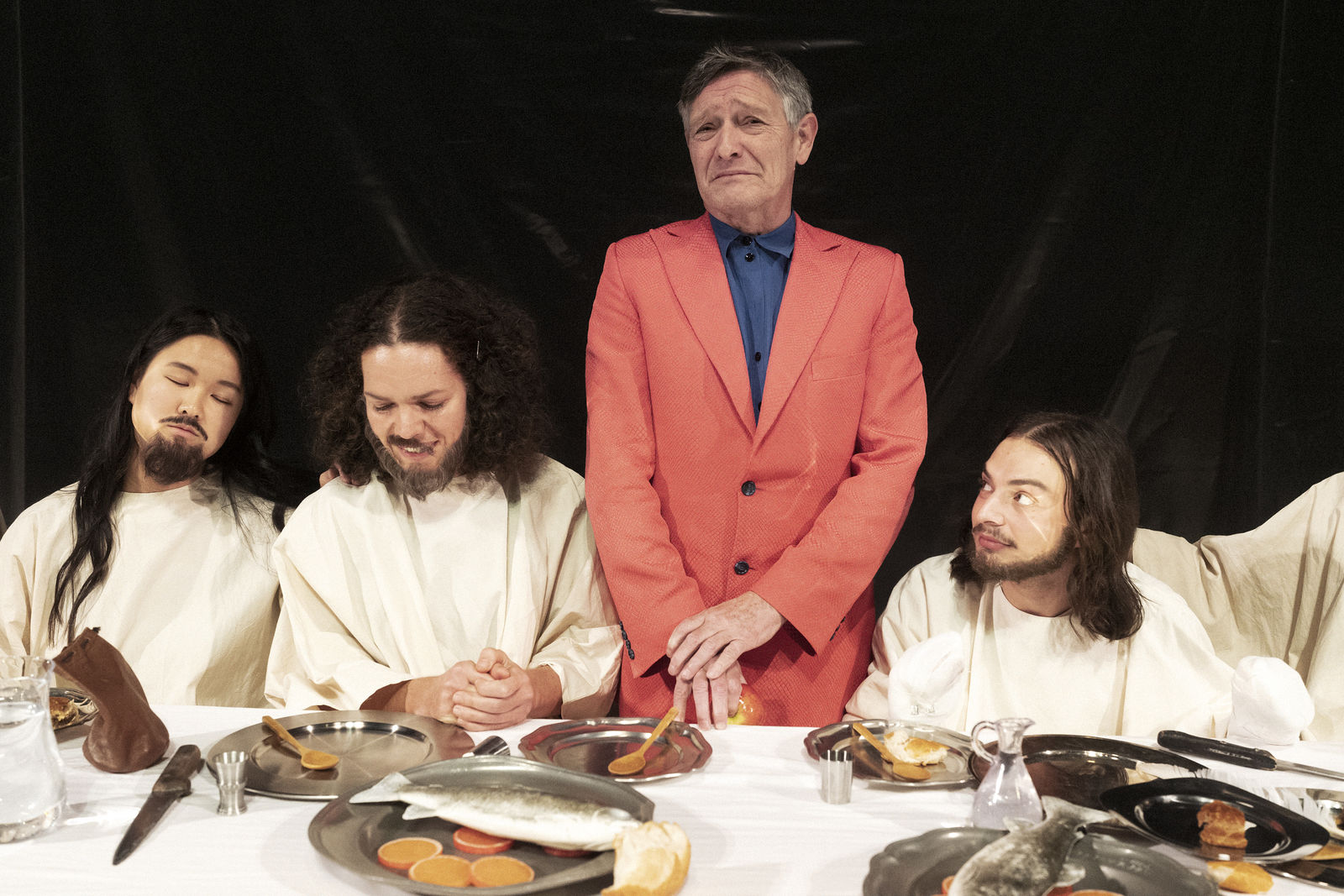
© Armin Smailovic
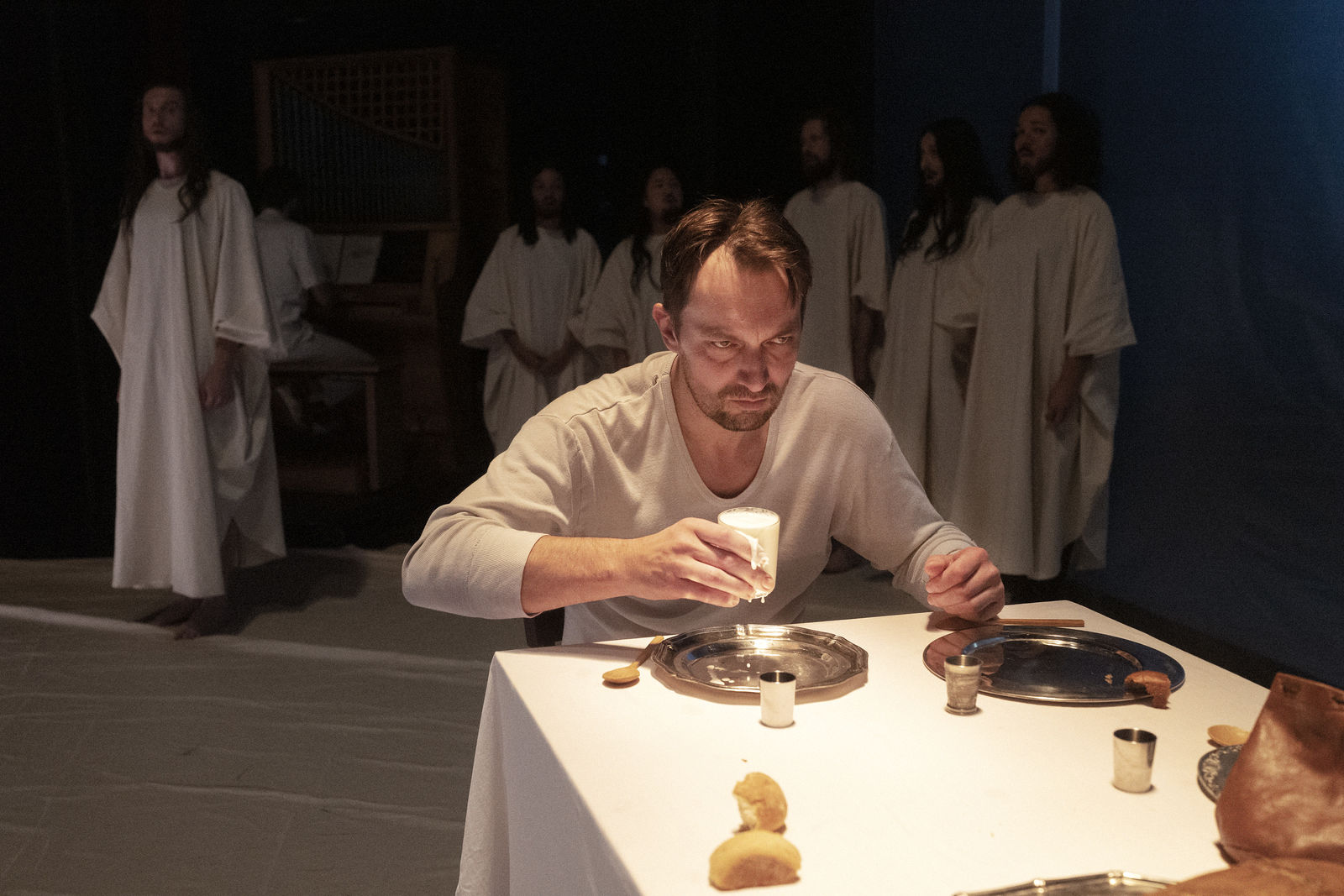
© Armin Smailovic
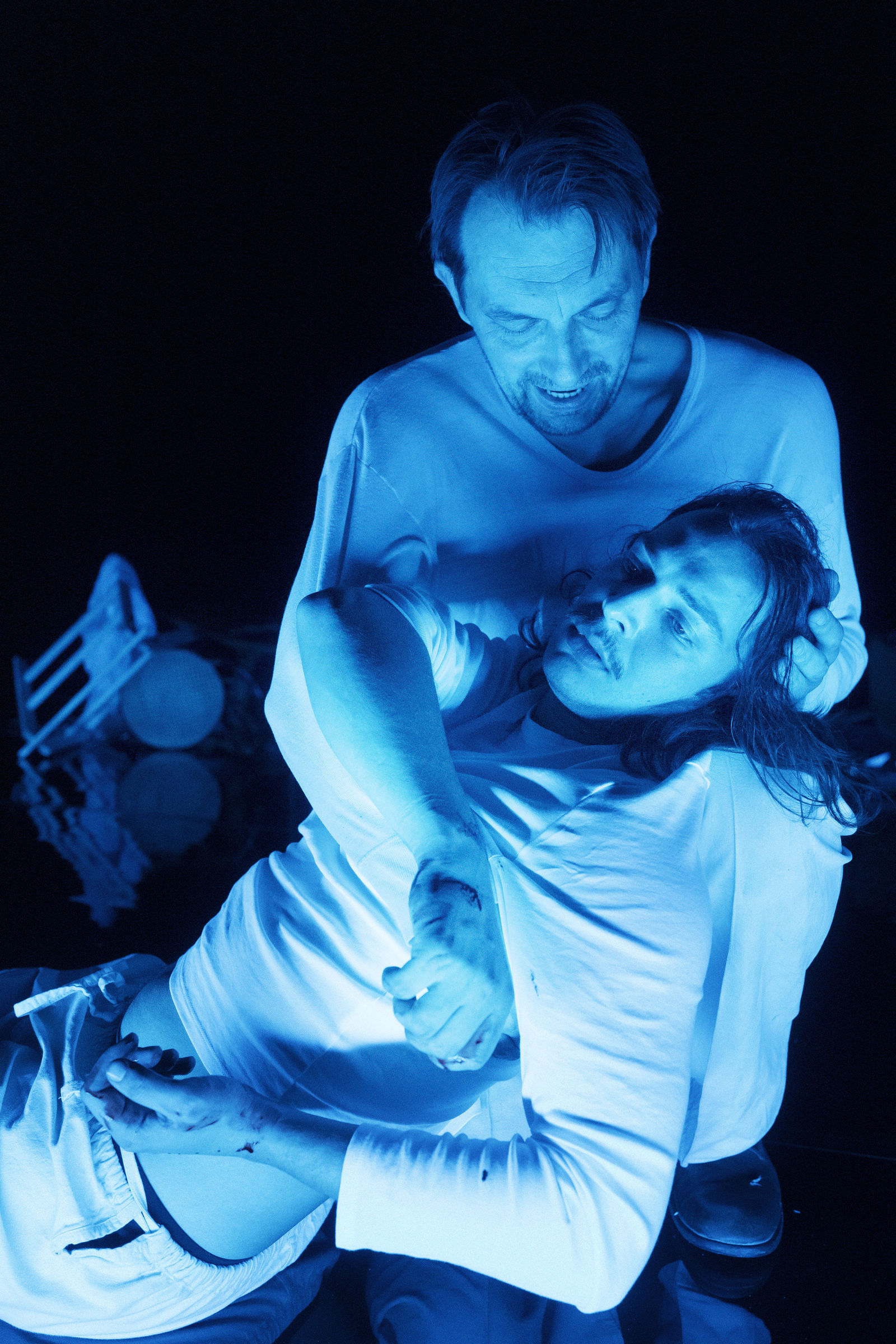
© Armin Smailovic
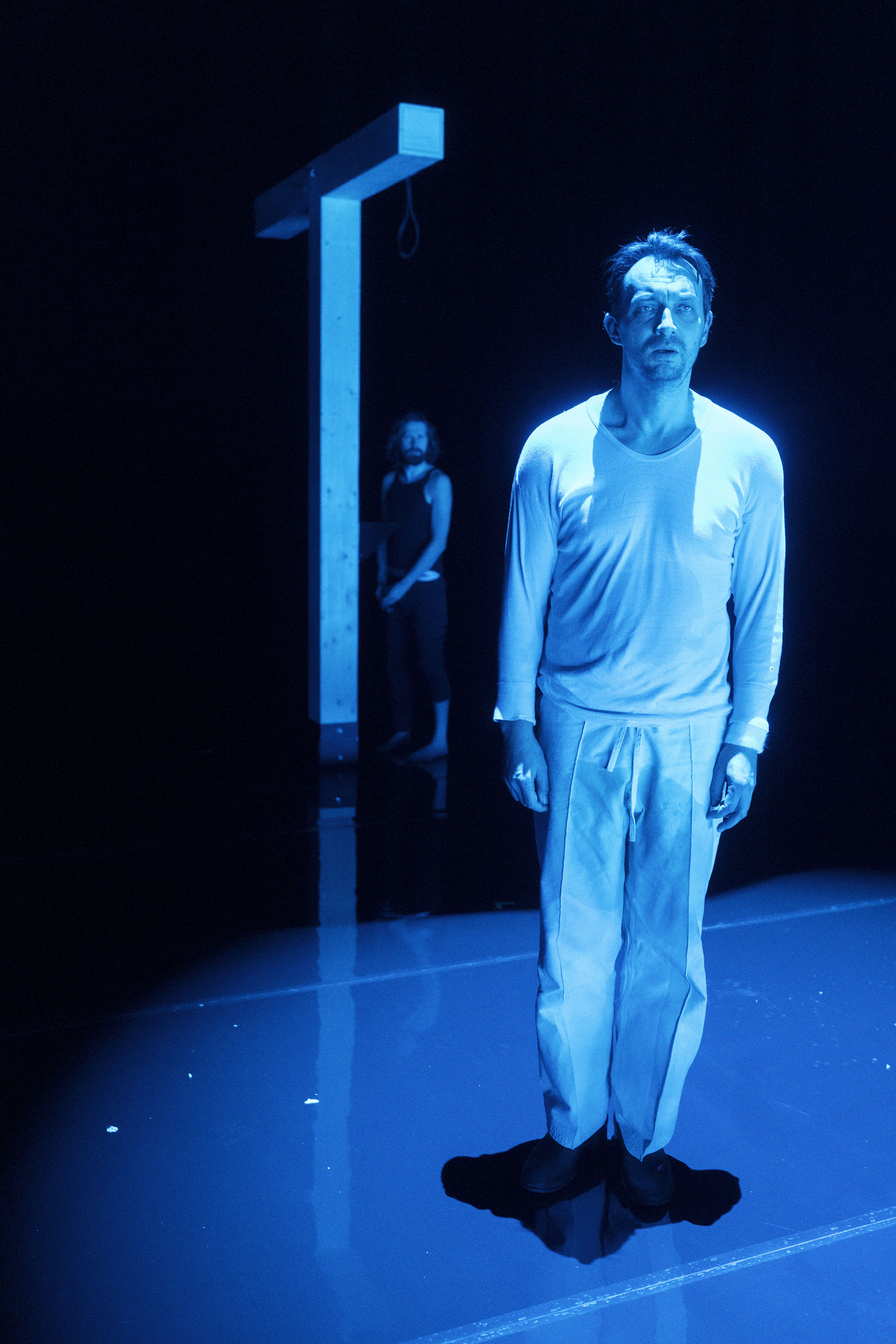
© Armin Smailovic
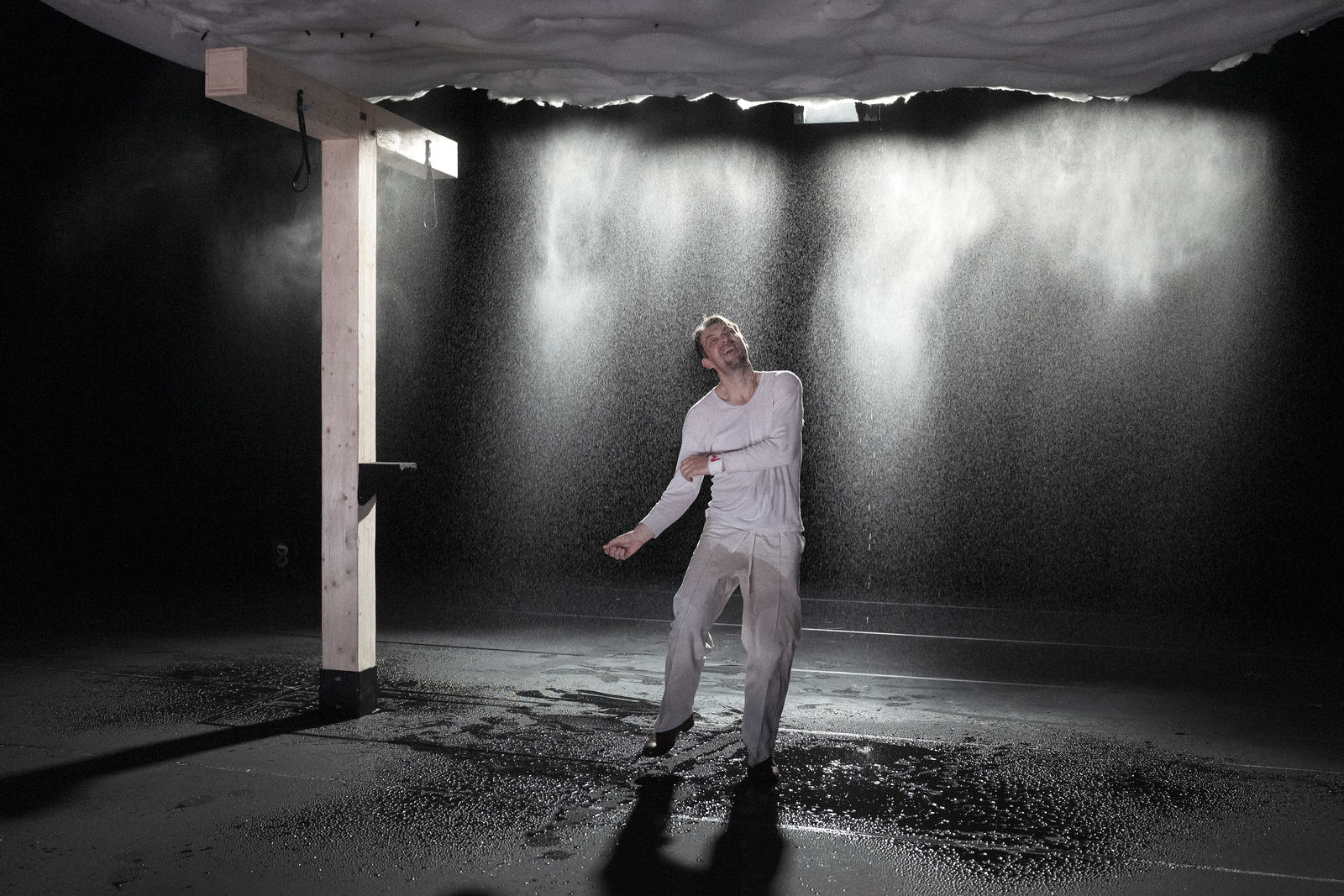
© Armin Smailovic
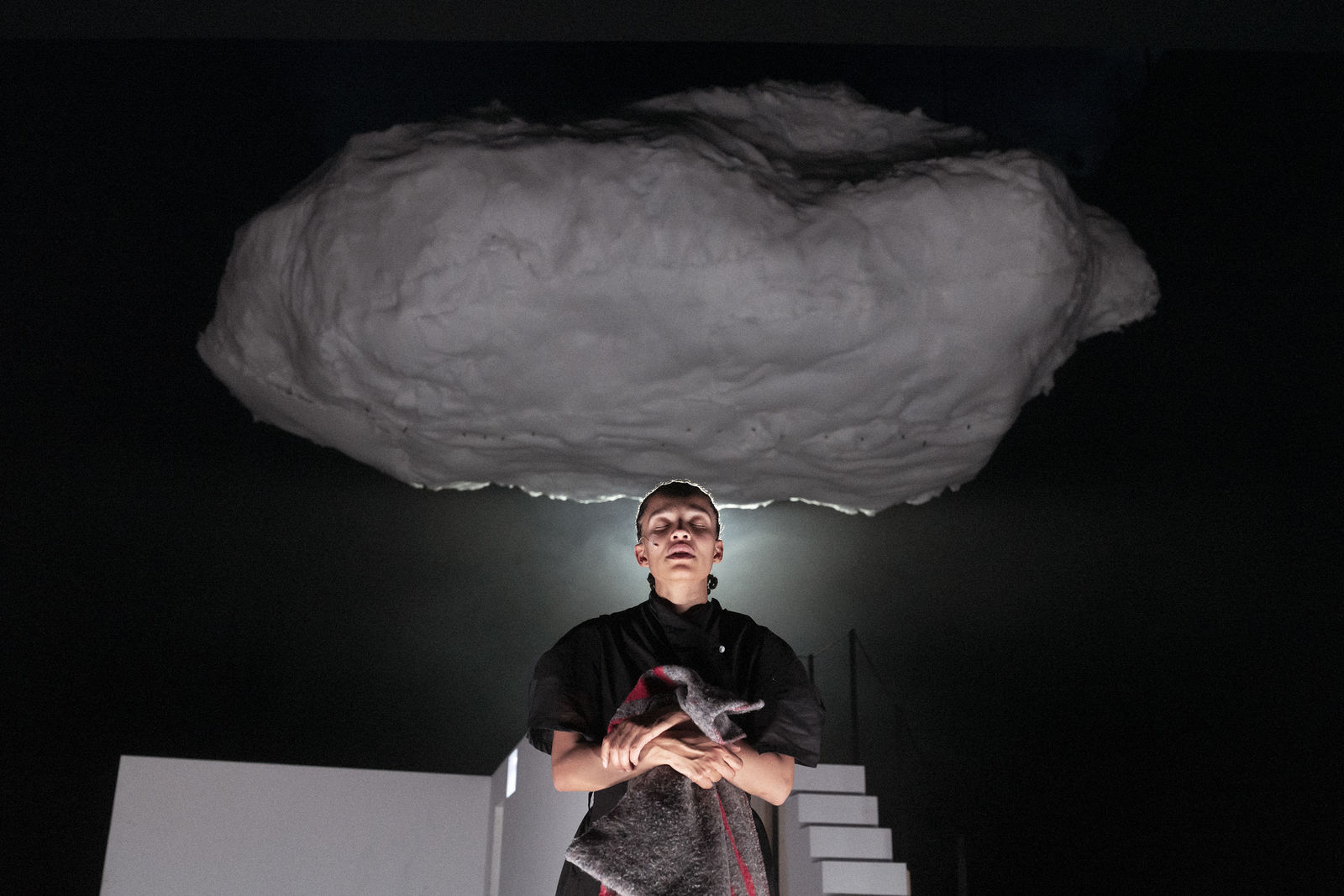
© Armin Smailovic
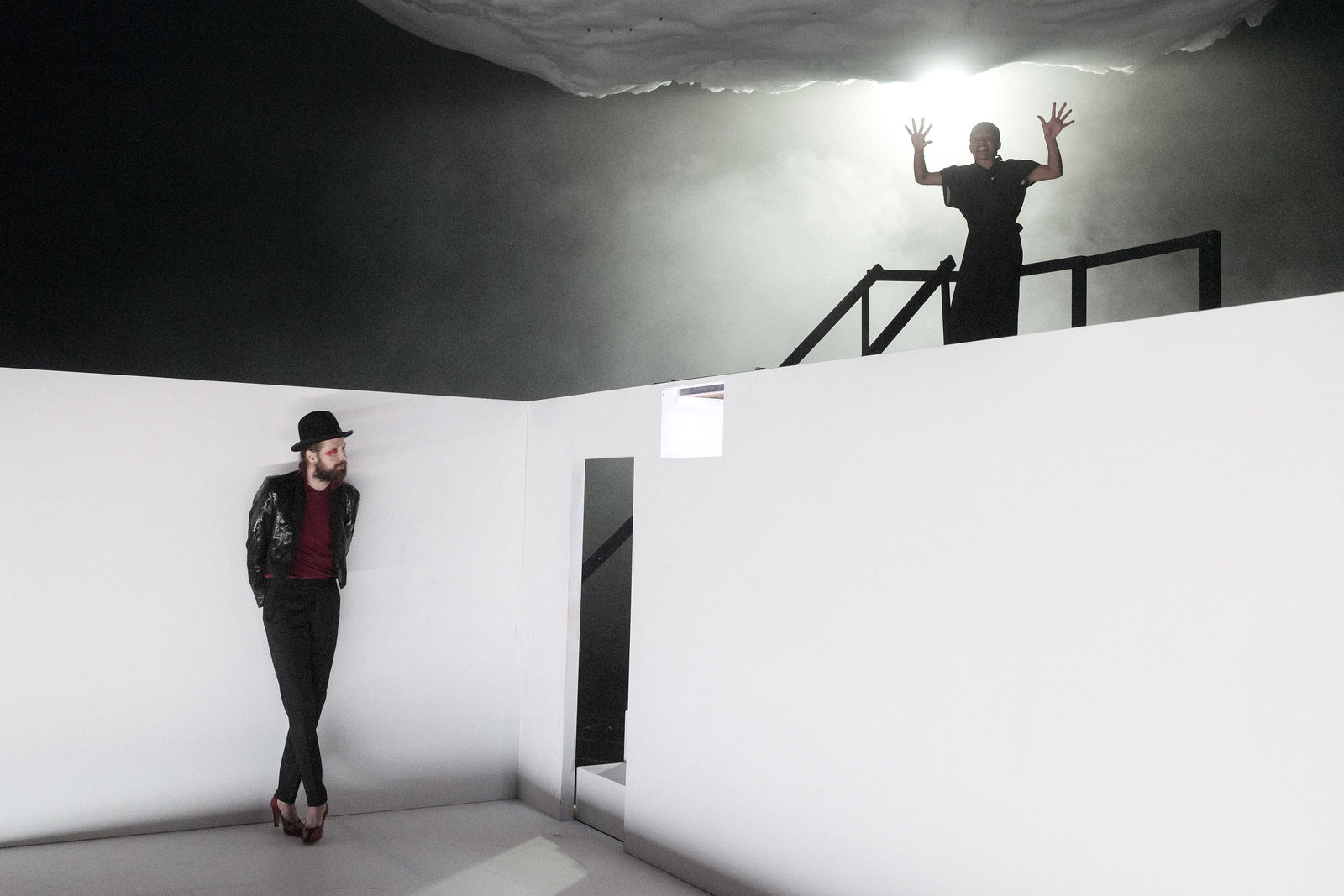
© Armin Smailovic
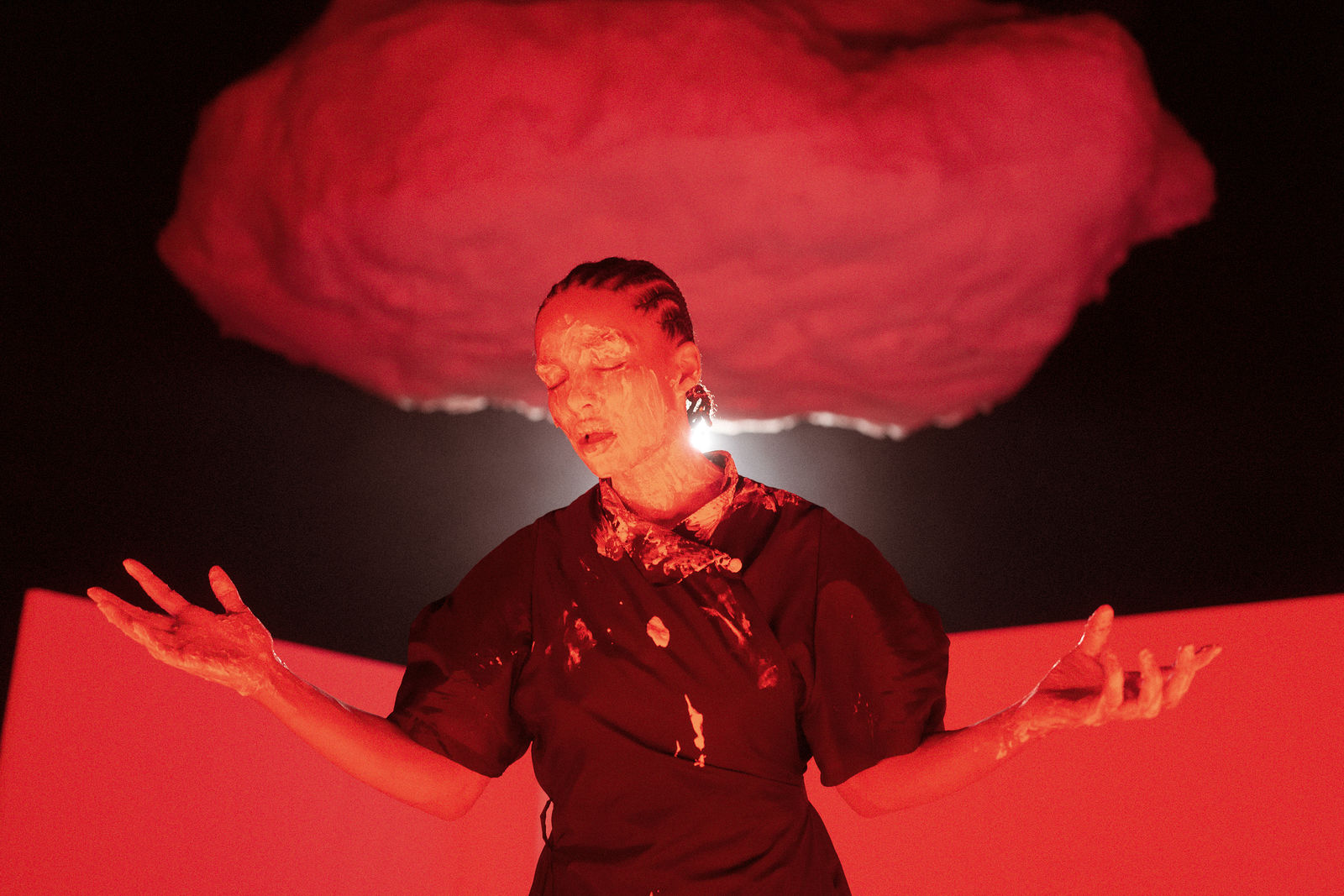
© Armin Smailovic
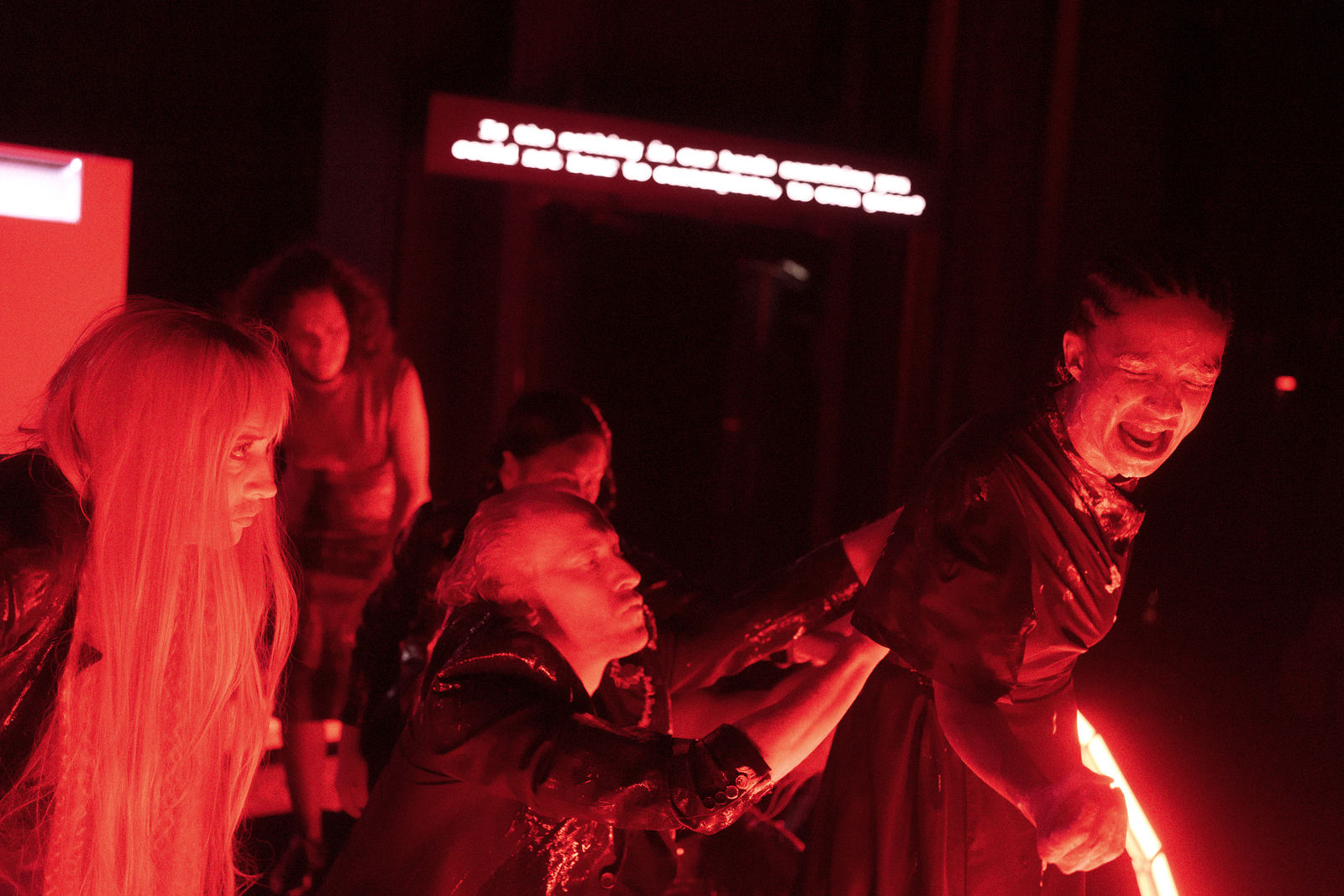
© Armin Smailovic
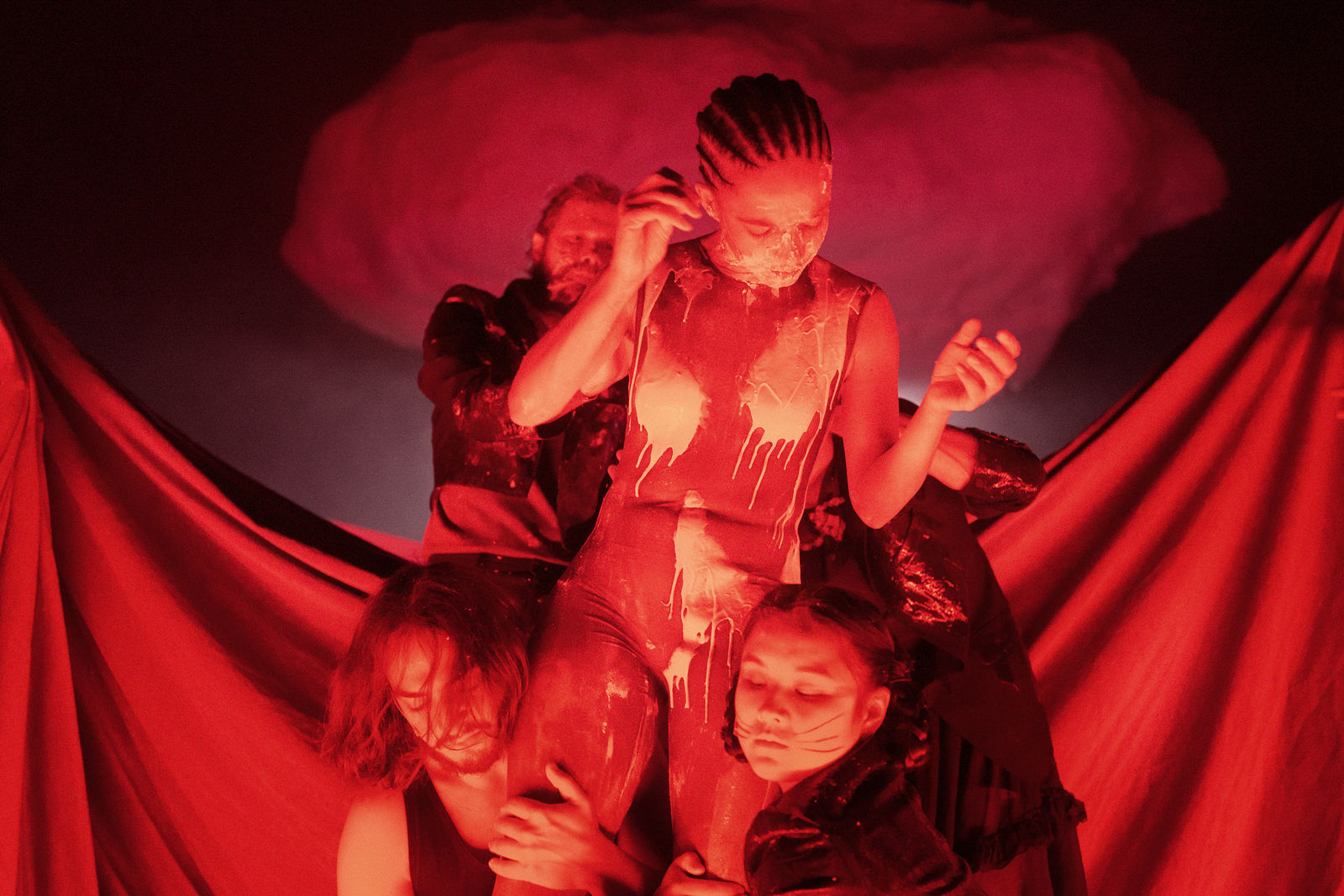
© Armin Smailovic
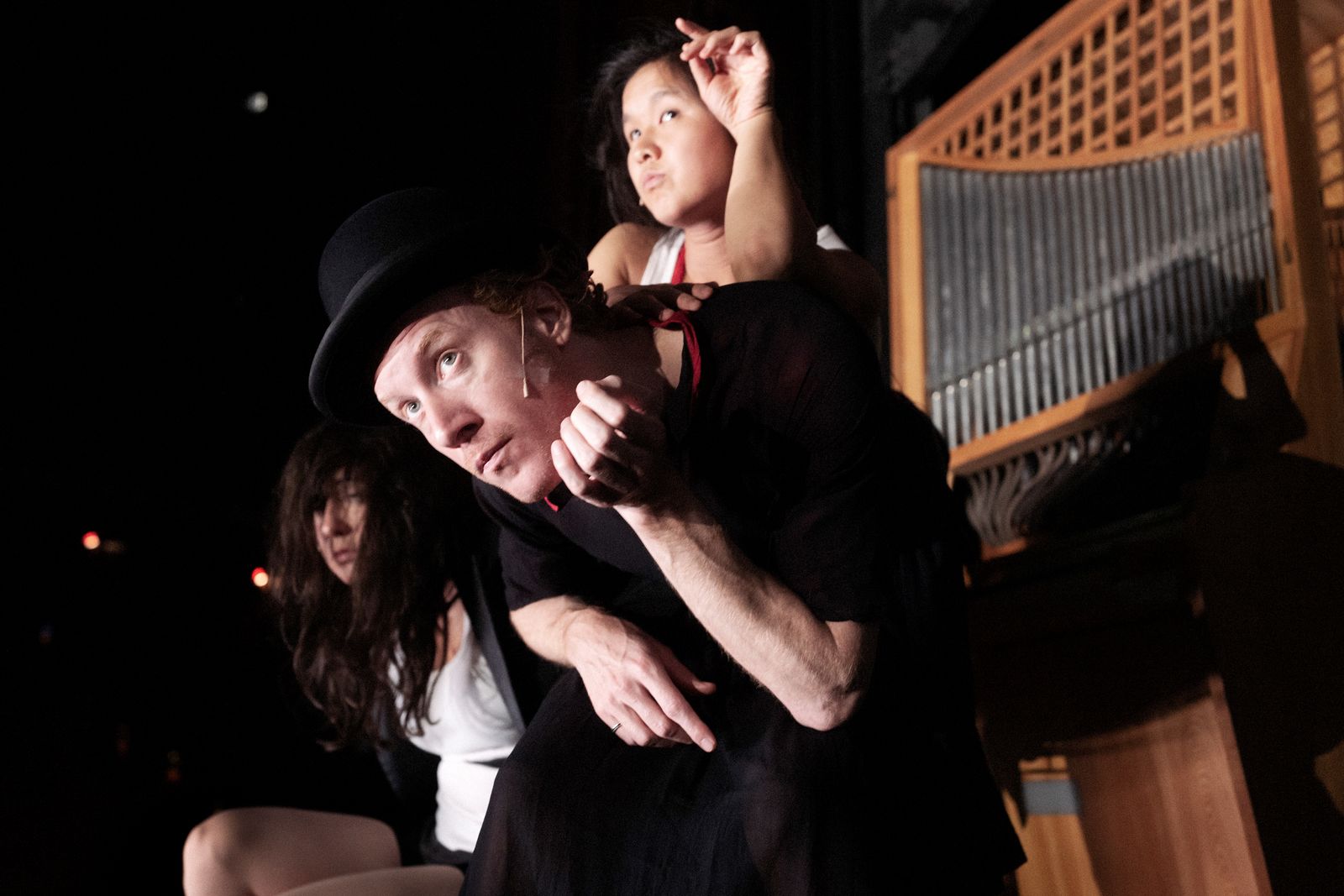
© Armin Smailovic
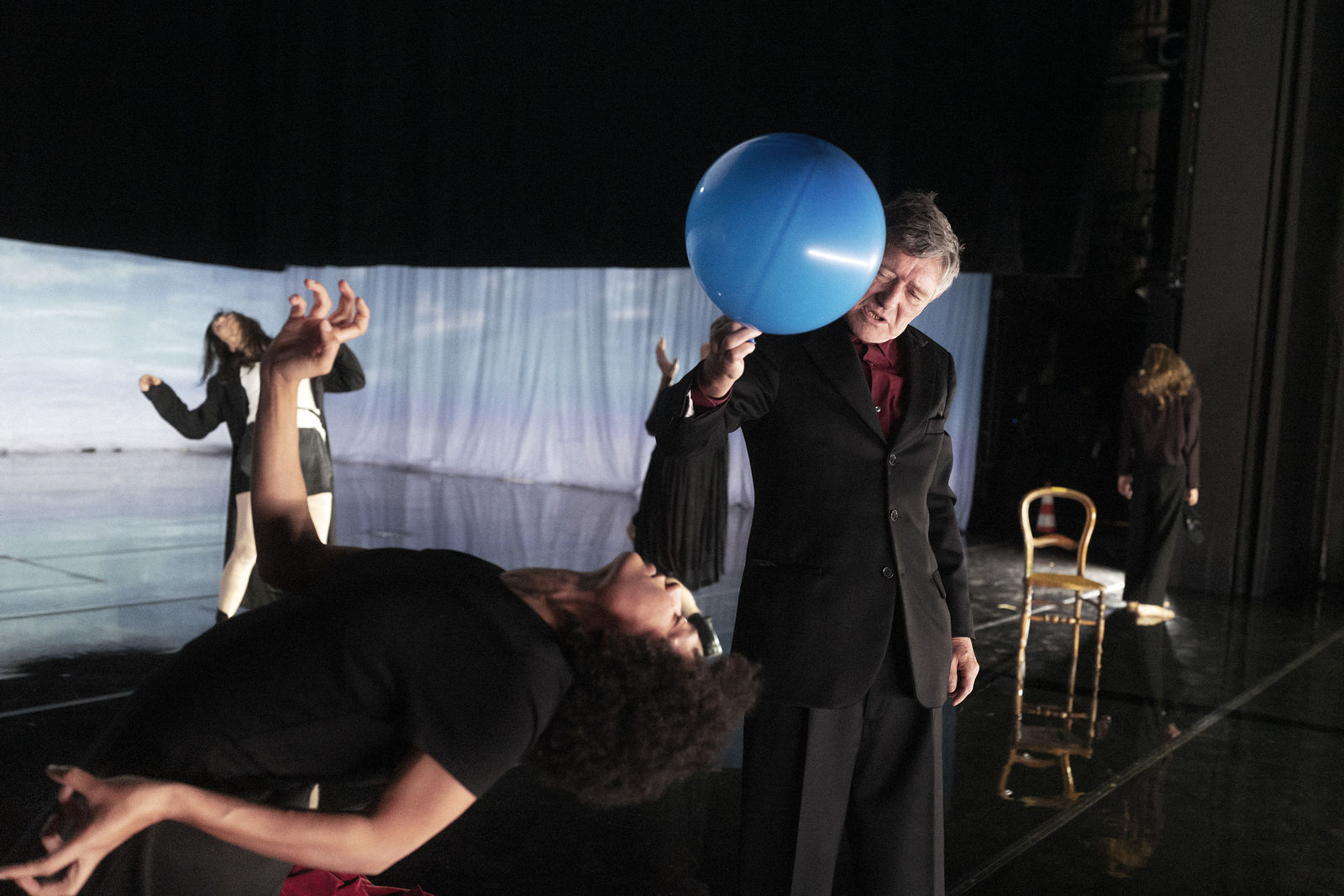
© Armin Smailovic
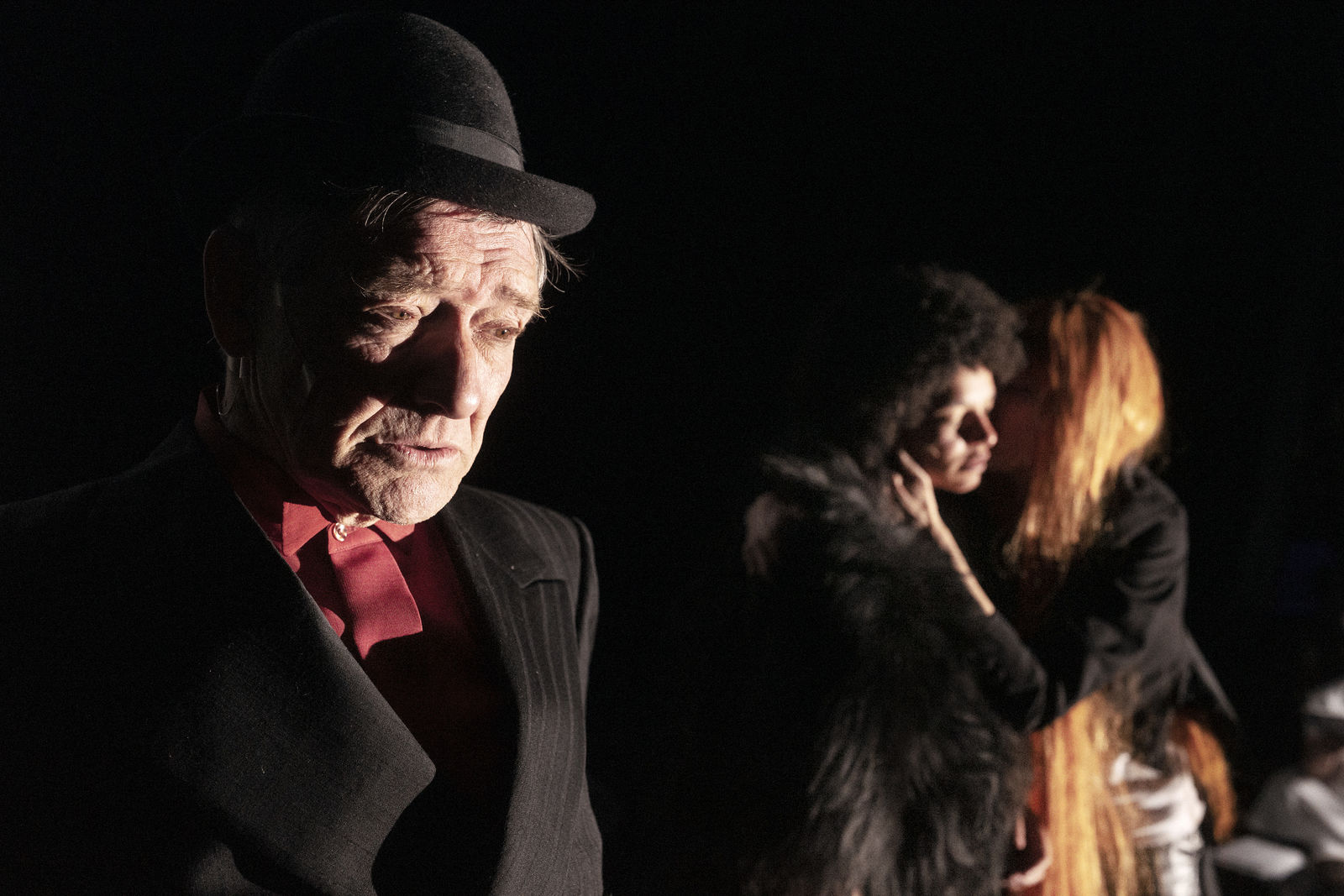
© Armin Smailovic
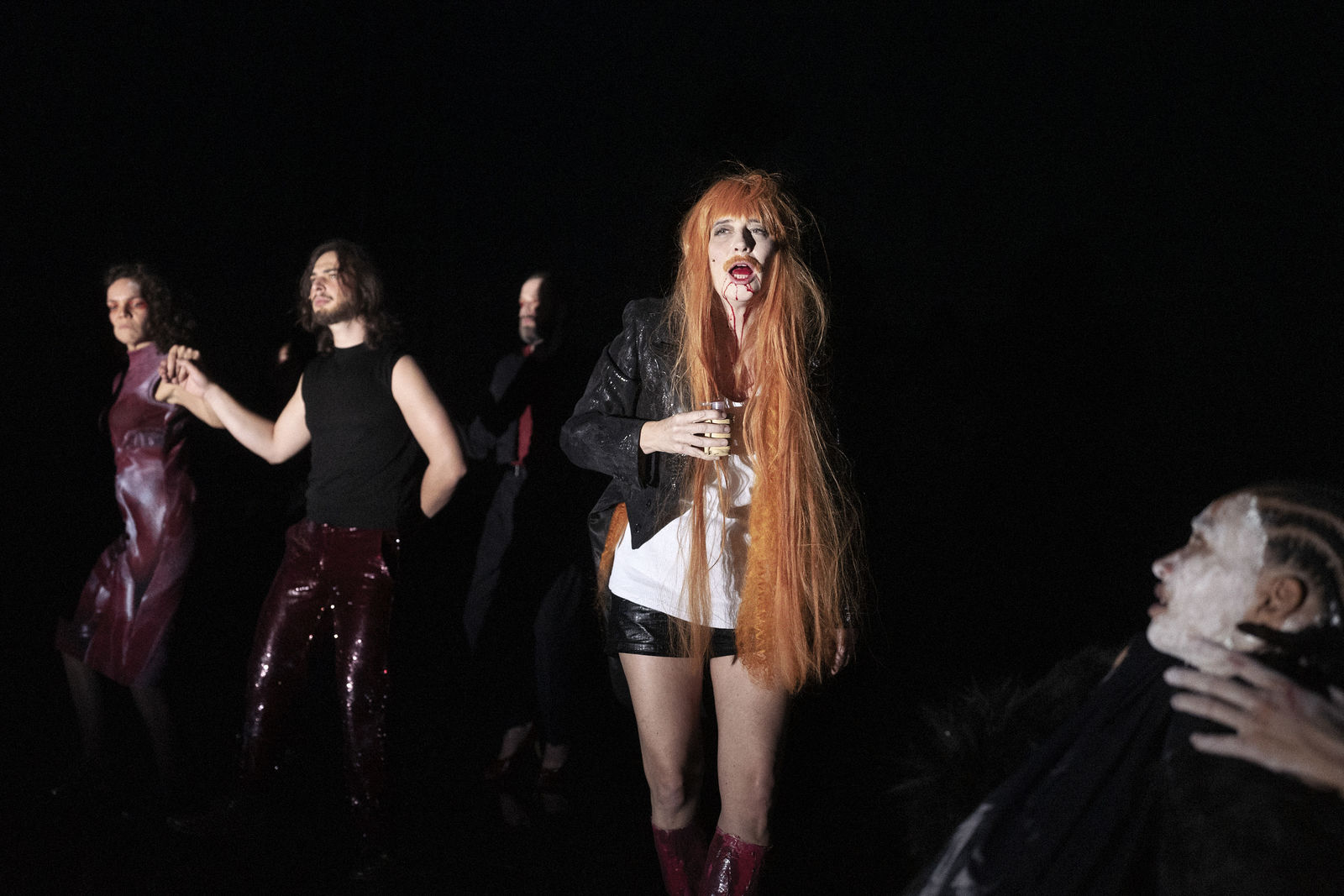
© Armin Smailovic
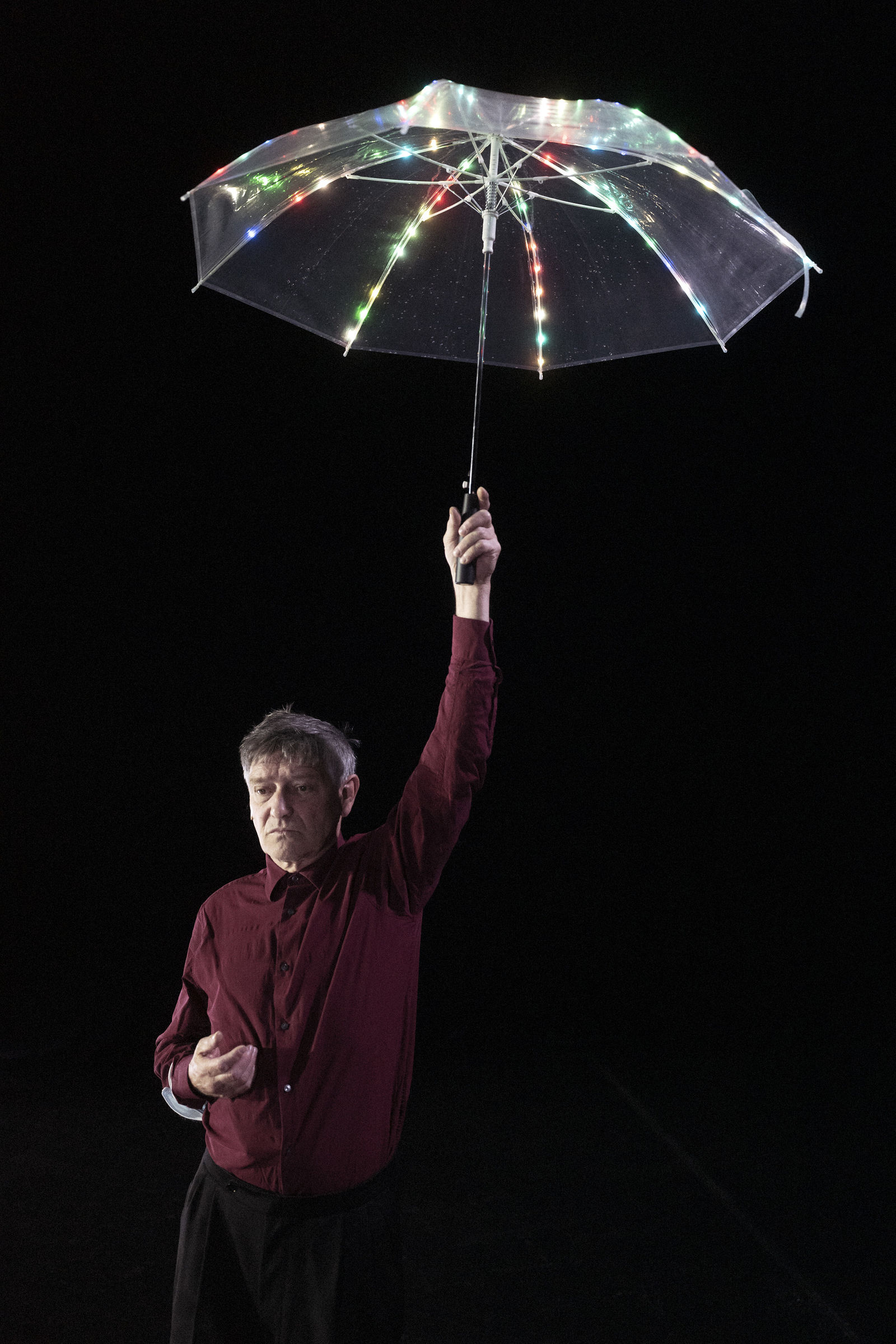
© Armin Smailovic
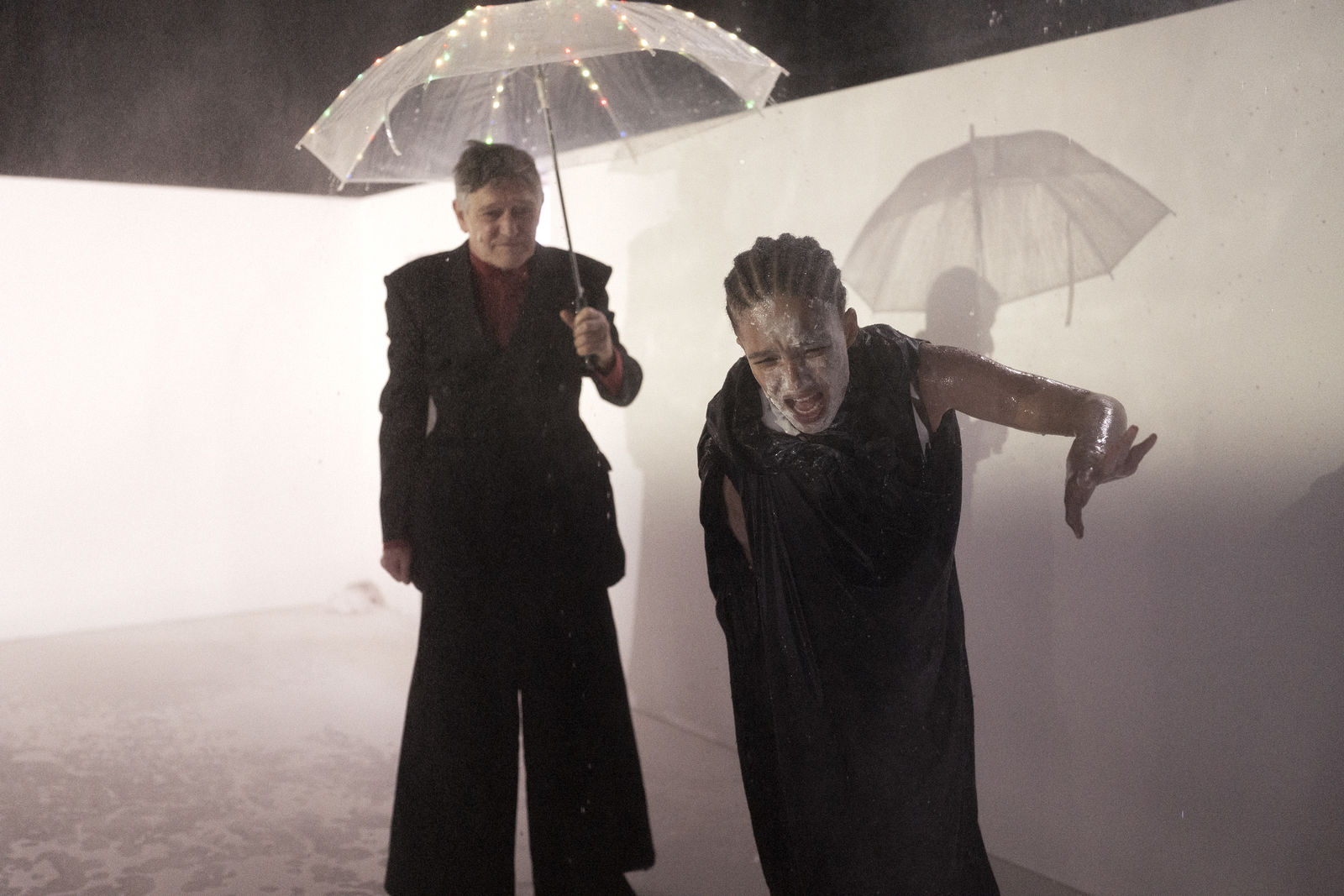
© Armin Smailovic
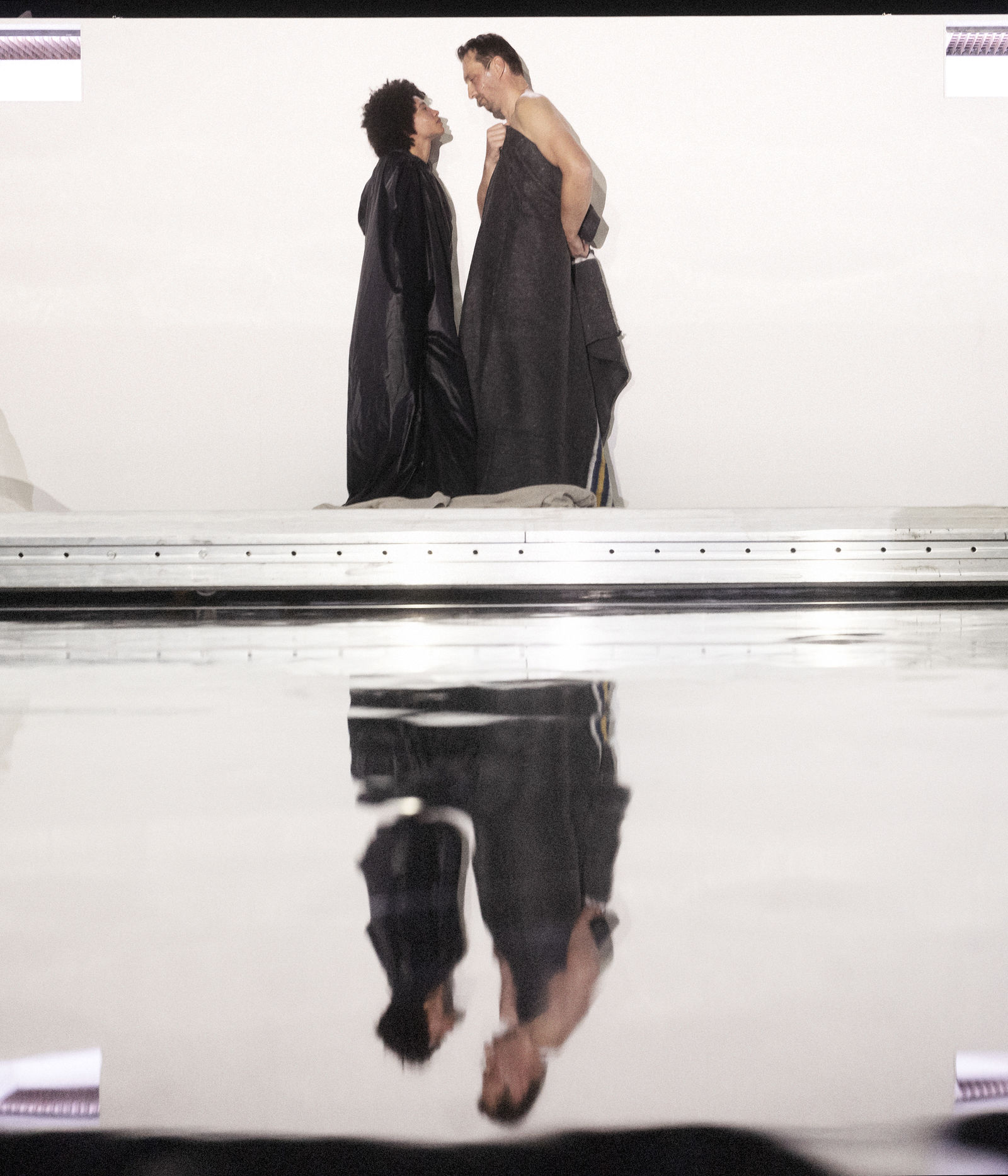
© Armin Smailovic
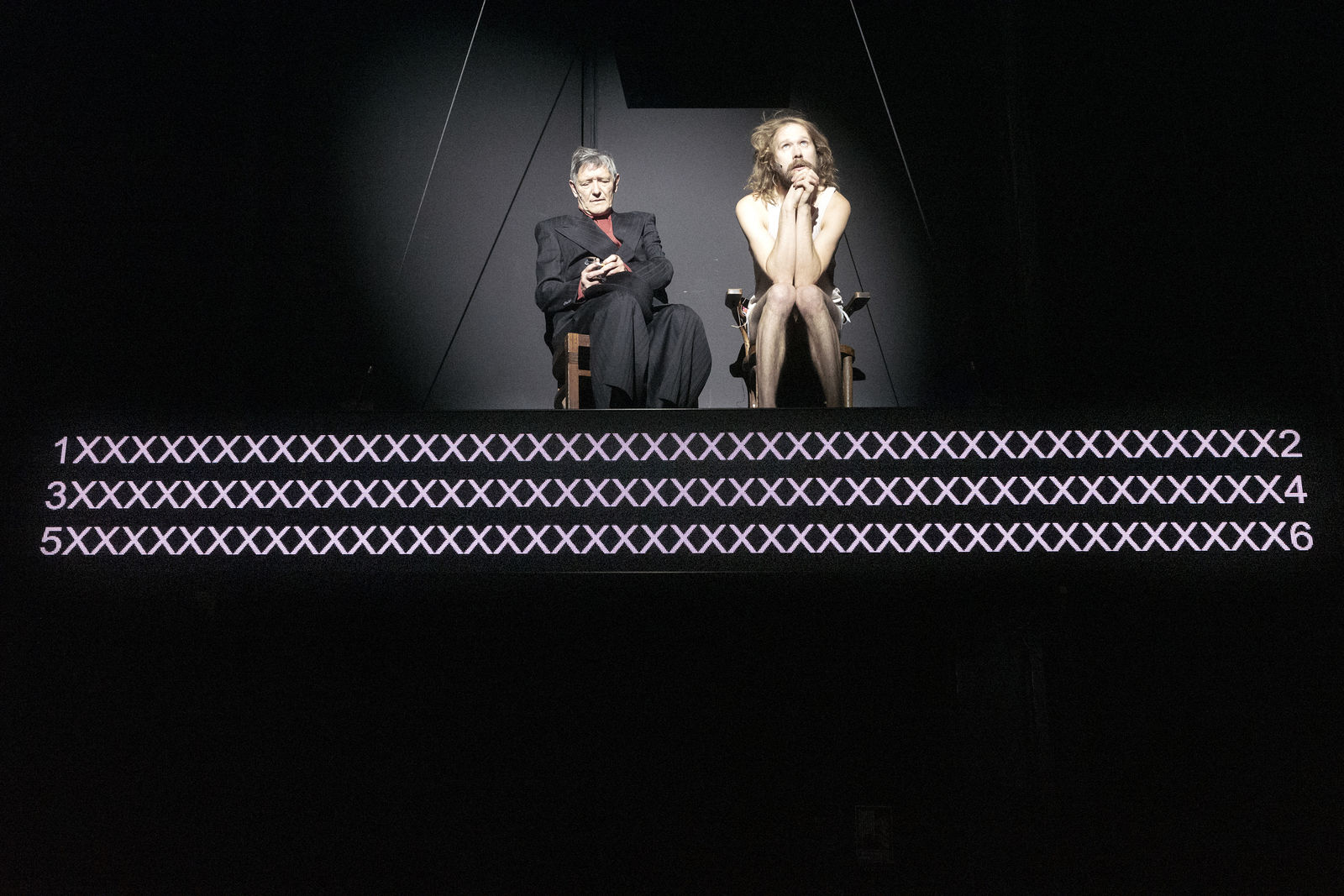
© Armin Smailovic
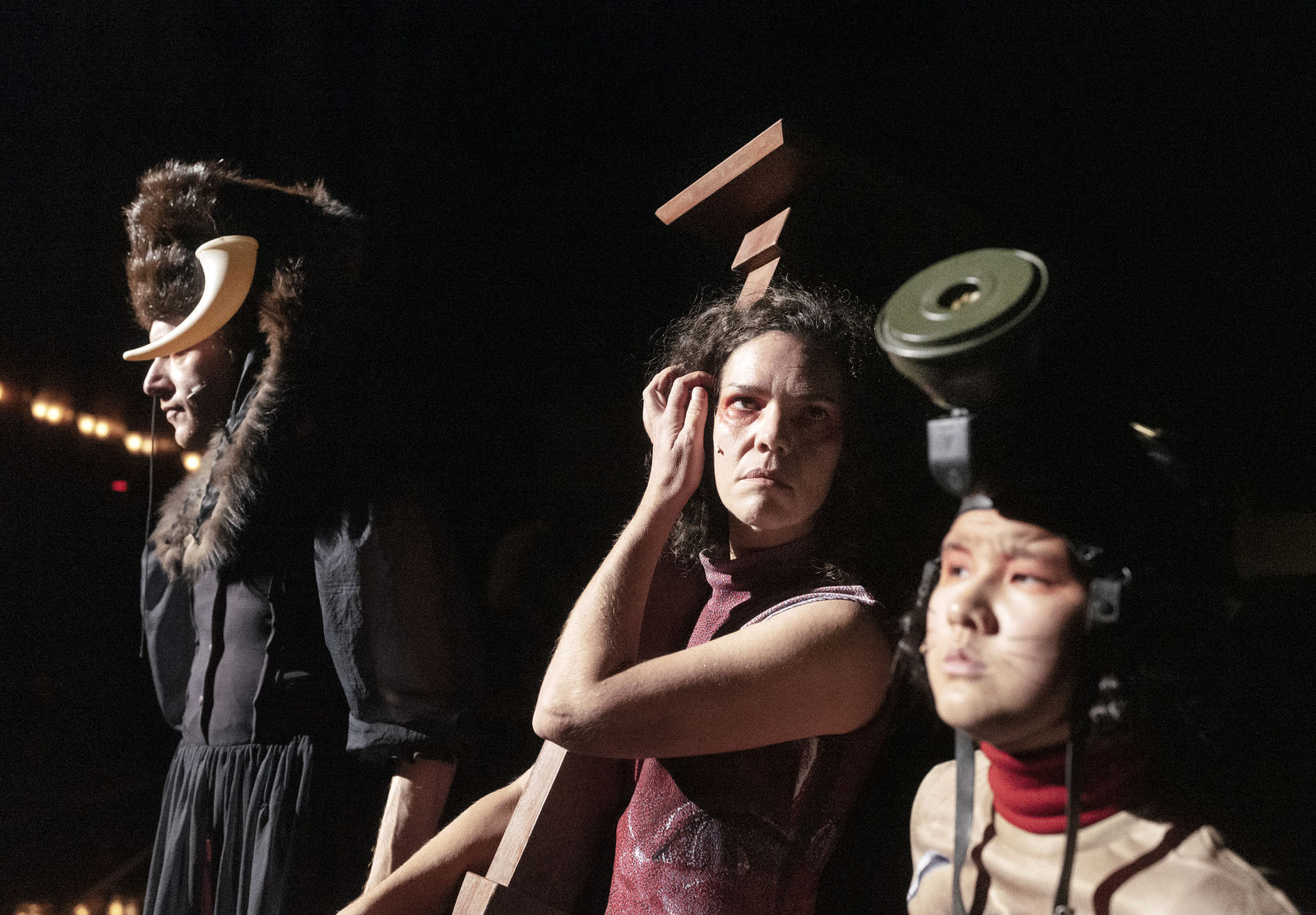
© Armin Smailovic
